In keeping with their mission to assimilate public comment into draft regulations reflecting concerns and passions of local recreational and commercial anglers, The Rhode Island Department of Environmental Management held a pre-hearing workshop to discuss proposed changes to the 2023/2024 fishing seasons. Workshops are invaluable for those wanting to know more about new regulations or to ask comments off the record. This year’s proposed 2023/24 RI fish regulations are available for review now and there is time to make your comments to help guide the process.
For those new to fishery management method’s and endless abbreviations, here’s an abbreviated guide to reading a typical document.
SSB: Spawning Stock Biomass. Essentially the number of individuals able to reproduce
F: Mortality. Of course mortality is abbreviated with the letter F
Fecundity: Fertility
BRP: Biological reference point, often a combination of several indicators, such as natural or fishing mortality, fecundity, etc.
MRFSS: Marine Recreational Fisheries Statistics Survey
MRIP: Marine Recreational Information Program. These are the good folks who ask you questions about what you did or did not catch.
MSY: Maximum sustainable yield. The amount of fish which can be removed from a population without causing long term damage. This is a very fragile dance.
TAC or TAL: Total allowable catch or landings
M or M1: Natural mortality
M2: Predation mortality
Nichole Ares, Principal Marine Biologist and John Lake, Supervising Marine Biologist, offered a variety of proposals and stock assessments for local fishes which began with menhaden, a valuable baitfish and key source of protein for many species. Because they arrive seasonally in Narragansett Bay, there has been a historical commercial fishery which has been a bit controversial. “We get inundated with calls,” Ares said, from folks confused or upset by commercial boats working the Bay. Visitors or those new to Rhode Island may not understand the pogie fishery is highly regulated and recreational boaters are just one of the state’s many water users.
RI Fish Regulations cover several species
The Total Allowable Catch for 2023 will increase to 233,550 metric tons. Rhode Island’s quota will increase by .81%, which is approximately 4.1 million pounds. RIDEM has received three management proposals from industry members and all but one, which does not comply with Atlantic States Marine Fishery Commission regulations, will be considered.
Tautog is not overfished and overfishing is not occurring in Massachusetts or Rhode Island waters. The spawning stock biomass, a number relating to stock status and its ability to reproduce, is estimated to be 14.9 million pounds which is greater than the 10.09 million pound target. As such, the recommendation is for no quota change. We are enjoying a stellar tautog fishery thanks to so many groups, including the RI Saltwater Anglers Association, who are working to protect them and that process includes close communication with RIDEM. That partnership is to be celebrated. Private and rental boats harvested the largest amount of tautog in 2022, estimated at approximately 350,000 fish although some data is still being evaluated. No changes were proposed for recreational harvest limits, sizes or seasons for 2023. The commercial sector harvested a small overage last year which will be deducted from the 2023 quota of 51,348 pounds and no changes were proposed by the State for the 2023 commercial seasons and one industry proposal is under consideration.
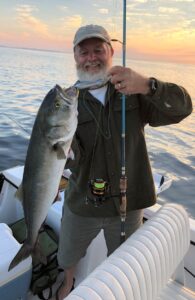
A classic Mike Yarworth wood popper lands yet another big bluefish
Bluefish stocks are overfished but, “Overfishing is not occurring in 2019 relative to the updated BRPs,” which are Biological Reference Points. They include levels of species fecundity and estimated numbers of removals from a population without causing a crash. The spawning stock biomass was estimated to be 211 million pounds in 2019 which is lower than the 222 million pound target. No changes were recommended for the recreational and commercial fishery. The recreational limits will stay at three fish per day for private anglers and five per day for for-hire anglers. Commercial fishermen and women will have a quota of 326,165 pounds.
Striped bass are overfished but overfishing is not occurring relative to those BRP’s. Their spawning stock biomass was estimated to be 143 million pounds, which is lower than the threshold of 188 million pounds and target of 235 million pounds. Thanks in part to the incredible advocacy of the American Saltwater Guides Association, conservation equivalency, the ability to shift harvest quotas from state to state, will not be permitted for overfished stocks. With strong year classes in 2012, 2015 and 2016, there is a 78.6% chance the stock will be rebuilt by 2029. No changes were proposed for the recreational fishery, right pectoral fins on fish equal to or larger than 34” will need to be removed, circle hooks are required when fishing live bait and starting this year, gaffs will not be allowed for recreational anglers. The commercial fishery is a bit more complicated but all information is available at RIDEM.
Reduced Black Sea Bass Harvest
Black Sea Bass are not overfished and overfishing is not occurring, according to the state’s BRP’s. The recreational fishery will take a 10% harvest reduction and while we all know they seem to be prolific in local waters, there are some substantial data behind that decision which includes a mandate from the Mid-Atlantic Fishery Management Council, which oversees stocks and the State is accepting proposals which would get us to that 10% reduction.
Scup is not overfished and overfishing is not occurring. Scup are heavily harvested, hence daily limits of 50 per day, which will be reduced to 40 or less in an effort to reduce harvests by 10%. In a fine recognition of their importance to a variety of anglers statewide, proposals include changing special shore spots which had separate and more liberal limits, to statewide access. If you fish for scup, please pay attention to new proposals and harvest limits through RIDEM.
Finally, fluke are not overfished nor are they experiencing overfishing but they have been some scarce for a few years. The 2019 year class is currently estimated to be about 49 million fish, below the average of 53 million fish. The State is proposing no changes for 2023.
February 17th will begin a 30 day public comment period. RIDEM will hold a public hearing currently scheduled for March 6th, followed by a RI Marine Fisheries Council meeting on April 3. Comments raised at the workshop do not become part of the official public record but comments inside the thirty day window do so get out that pen before you get out that rod.
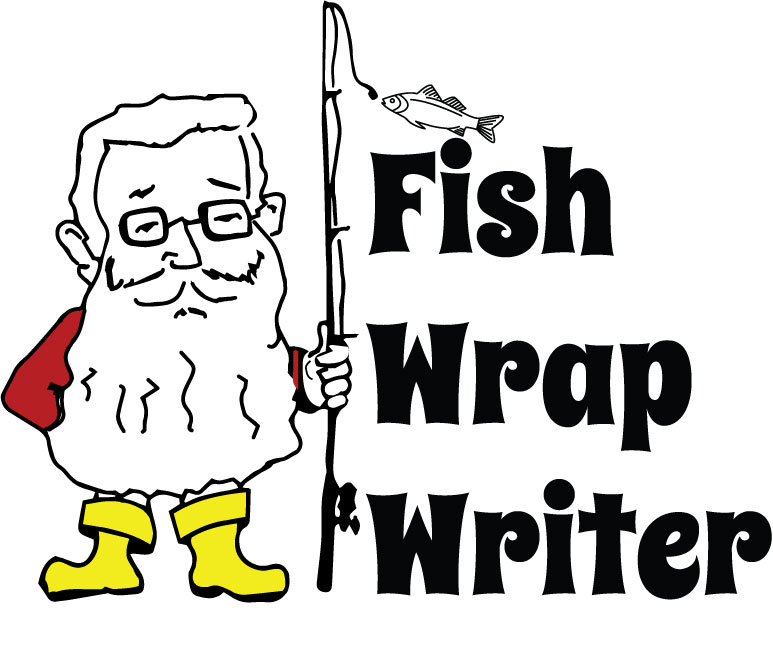
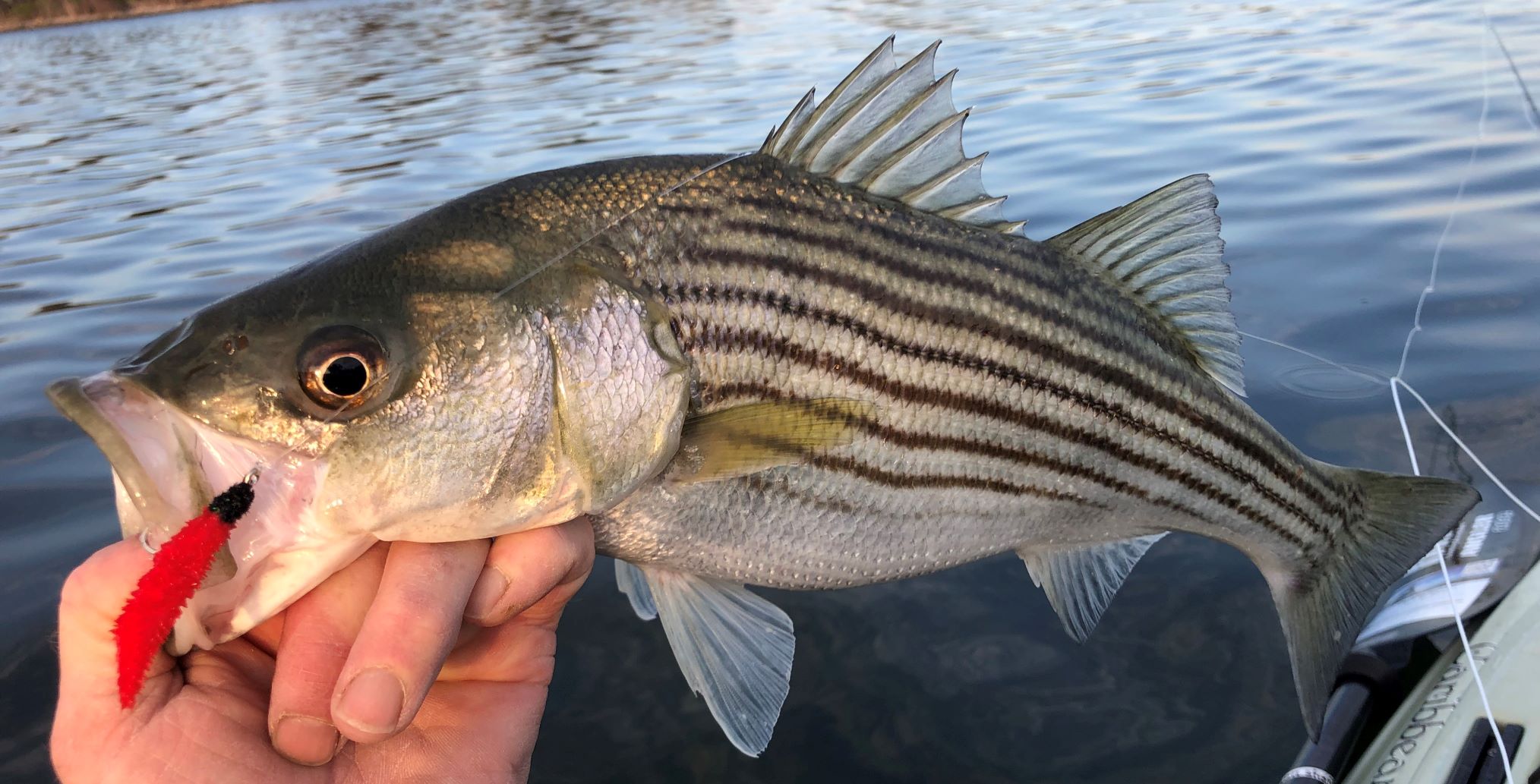
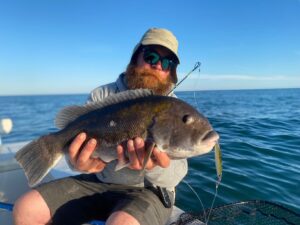
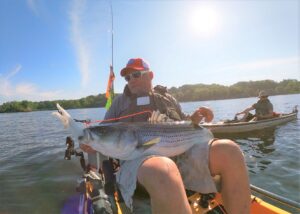

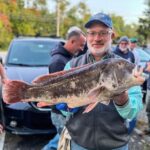


0 Comments